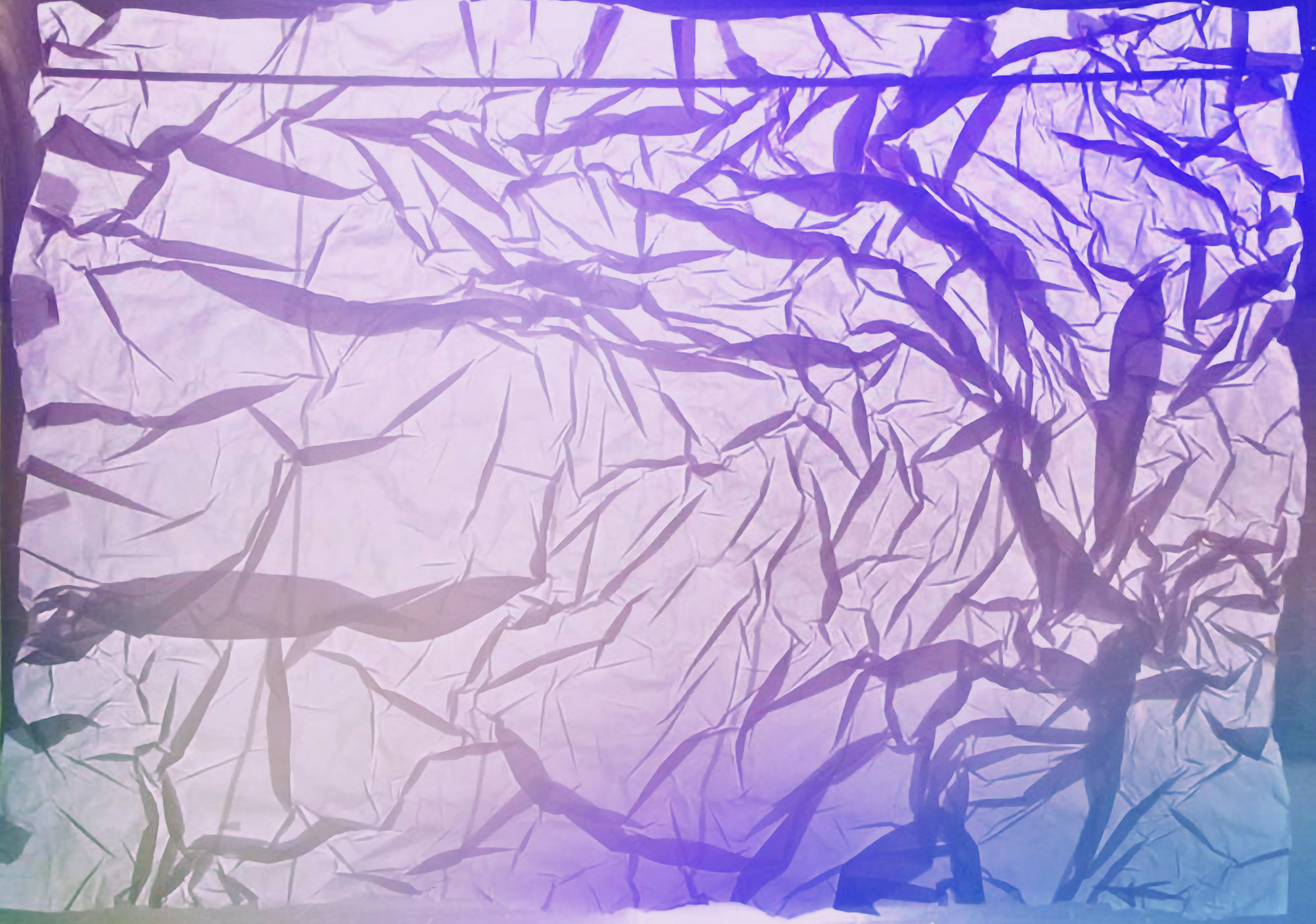Eleven madrigals for countertenor and small instrumental ensemble
Designed for countertenor Serge Kakudji, and accompanied by four musicians from Ensemble Variances, Madrigali is an intimate poetic and musical journey by composer Gualtiero Dazzi, who is creating on the occasion his own new madrigals.
The musical composition, based on a libretto by Elisabeth Kaess, incorporates three madrigals from the Seventh Book by Claudio Monteverdi arranged for modern tones of a “rock” instrumental combination including an electric guitar, a Fender Rhodes electric piano and other synthetic sounds.
Contemporary rendition of Monteverdi’s madrigals
This rock instrumentation creates a contemporary rendition of the traditional madrigal, interpreting the pieces in a totally new and exciting way. The 17th century Italian Baroque repertoire particularly emphasizes the intrinsic, and maybe unusual qualities of Serge Kakudji’s voice: an exceptional vocal range, ranging from the warmth of a bass voice to the finesse of a mezzo-soprano, with a fullness which allows a very dynamic palette that can retain an introspective intimacy, but also fill the space of a large theatre.
Madrigali is juxtaposing “recitar cantando” and sung passages where the vocal line gradually unfolds into truly lyrical moments with the score creating a musical and dramatic continuity with a form of “narrativity”, alternating with, and responding to, both contemporary and baroque madrigals.
Poems by René Char – who quotes Monteverdi in his collection Lettera amorosa – are a response to those of Italian Renaissance poets, shown in a sombre scenic arrangement consisting of three “sails” made from transparent crumpled paper, as imagined by the visual artist Véronique Thiery-Grenier.
Vocally, Gualtiero Dazzi’s work offers us a dialogue with Claudio Monteverdi, the composer who has been the most successful in the “revolution” of integrating text with music, enabling music freedom to carry meaning and emotions as well as the words.
René Char and the music of Monteverdi
Why did René Char choose to entrust one of his poems to music in 1952, giving it the title of a madrigal by Monteverdi? Nothing at that time seemed to predict a union between his poetry and the world of music, as he preferred to surround himself with silence in order to write. In 1963, after four years of work with Char, a Geneva publisher published a luxury edition of Lettera amorosa, with illustrations by Georges Braque and a recording of Monteverdi’s work made for the occasion*.
Almost sixty years later, we wish to make the two works resonate together once again, by choosing elements which seem to respond to and comment on each other over time, and by adding poems and selected extracts from the entire work of René Char who came to enter into dialogue in turn with poems by Bernardo Tasso, Battista Guarini and Claudio Achillini.
*Danièle Leclair, “Lettera amorosa”, in René Char Dictionary.
Video
Reviews
The cast
LIBRETTO
Élisabeth Kaess,
adapted from Bernardo Tasso, Battista Guarini, Claudio Achillini and René Char
MUSIC
Gualtiero Dazzi and Claudio Monteverdi
Guest artist
Serge Kakudji countertenor
ENSEMBLE VARIANCES
Thierry Pécou electric piano
Carjez Gerretsen clarinet
Elisabeth Koch double bas
Pierre Bibault electric guitar
SCENOGRAPHY
Véronique Thiery-Grenier
Informations
Véronique Grenier Gualtiero Dazzi
Co-production Scène nationale de Belfort, le Grrranit and Ensemble Variances. With special support from Académie des beaux-arts, Centre national de la musique and fondation Jan Michalski. For the writing of his new musical work Madrigali, the composer Gualtiero Dazzi has received support from the Ministry of Culture - DRAC Bourgogne-Franche-Comté.


